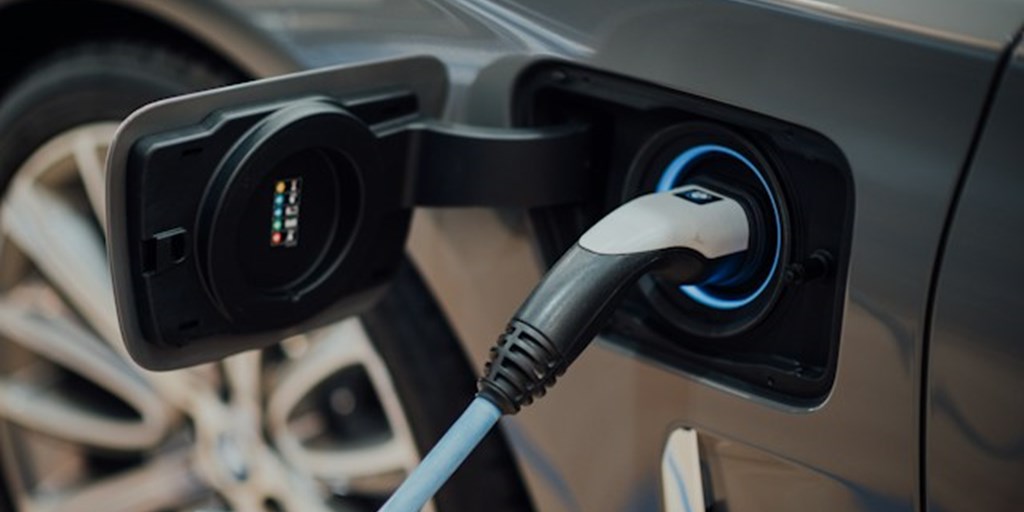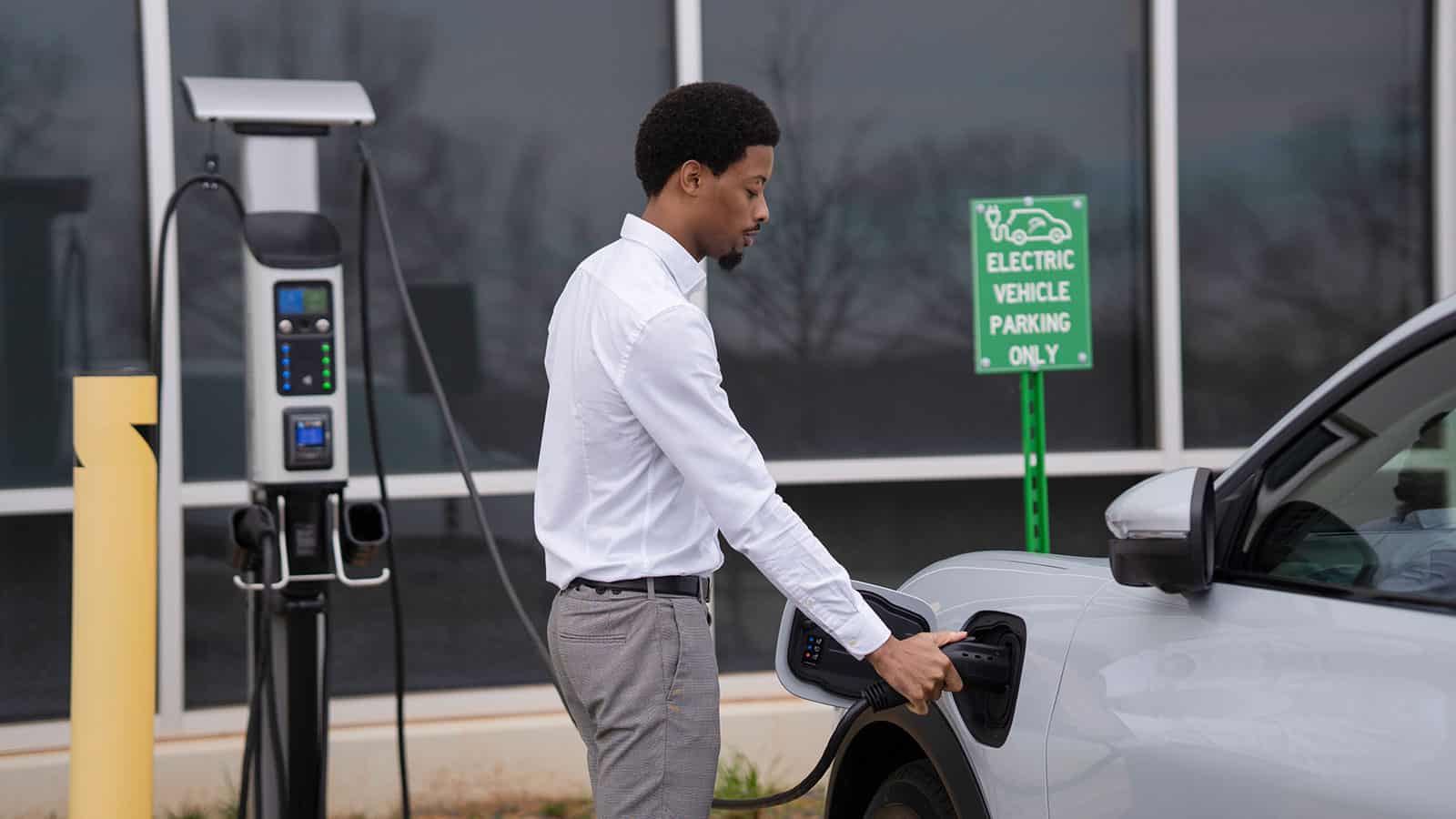New Advancement in EV Charging: How the Industry Is Advancing to Satisfy Demand
As the electrical car (EV) market proceeds to increase, the billing facilities is going through significant makeovers to deal with the surging need. Trick developments in ultra-fast charging modern technologies, combined with smart grid combination, are improving the landscape. In addition, innovations in battery technology guarantee improved efficiency and sustainability. Nevertheless, the quest of global billing criteria stays an essential consider making it possible for smooth individual experiences and widespread fostering. The implications of these advancements raise crucial questions about the future of EV billing and its function in the more comprehensive energy community.
Growth of Charging Facilities
The rapid development of electric automobile (EV) billing facilities is an important part in helping with the prevalent adoption of electrical flexibility. As governments, personal firms, and consumers increasingly acknowledge the significance of lowering carbon emissions, investments in charging networks have actually risen. This infrastructure growth is vital to ease array anxiousness, making sure that EV individuals have convenient access to charging stations.
Considerable innovations in billing station innovation and implementation methods have actually arised. Urban areas are seeing a proliferation of public charging terminals, while country areas are progressively being incorporated into the charging network. Partnerships between automotive manufacturers and billing companies are ending up being a lot more common, helping with the establishment of thorough networks that boost individual experience and ease of access.
On top of that, the combination of eco-friendly power sources right into billing terminals is getting energy, advertising sustainability in the EV environment. This shift not just supports environmental objectives but additionally straightens with the rising need for eco-friendly energy remedies amongst consumers.
Ultra-Fast Charging Technologies
Ultra-fast charging technologies stand for a considerable jump onward in the EV charging landscape, making it possible for electrical vehicles to reenergize in a fraction of the moment compared to typical charging approaches. These developments generally supply power degrees surpassing 150 kW, with some systems rising to 350 kW or more, significantly lowering billing times to as low as 15-30 mins for a significant cost.
Trick making it possible for innovations include developments in battery chemistry, power electronics, and thermal monitoring systems. For example, high-capacity batteries with improved thermal security enable faster charging without overheating. Furthermore, growths accountable infrastructure, such as liquid-cooled wires and modular billing terminals, help with effective power transfer, enhancing the general customer experience
Significant automotive manufacturers and technology firms are proactively buying ultra-fast billing networks, recognizing the essential duty they play in getting rid of variety anxiousness and increasing the fostering of electric vehicles. As these innovations come to be more commonly offered, the EV market is anticipated to witness significant growth, making electric movement an extra eye-catching alternative for customers. Generally, ultra-fast charging modern technologies are crucial in forming the future of lasting transport, leading the method for an extra reliable and considerable billing ecosystem.
Smart Grid Integration

With need reaction methods, wise grid systems can change charging routines based on grid conditions and electrical power rates. During periods of high demand, charging can be delayed to off-peak hours, resulting in lower expenses for consumers and decreased strain on the grid. In addition, vehicle-to-grid (V2G) innovations allow EVs to discharge energy back right into the grid, enhancing and offering ancillary services grid security.
Combination with renewable resource resources additionally improves the sustainability of EV billing. By discover here straightening charging tasks with periods of high solar or wind generation, smart grids advertise a greener billing facilities. Eventually, clever grid integration not just supports the expanding demand for EVs however also adds to a much more resilient and lasting energy future, positioning the sector for long-lasting success.
Battery Advancements
In the middle of the fast development of electric vehicles (EVs), battery developments stand at the leading edge, driving improvements in sustainability, performance, and effectiveness. As the demand for EVs rises, makers and researchers are concentrating on boosting battery innovations to deal with challenges such as variety anxiety and charging times.
Lithium-ion batteries continue to be the most widely made use of innovation, yet brand-new products and chemistries are arising to improve power thickness and longevity. Solid-state batteries, as an example, guarantee better energy storage capacity and improved security by replacing liquid electrolytes with strong ones. This change might dramatically reduce the danger of fire and visite site raise the lifespan of batteries.
Furthermore, developments in battery reusing procedures are crucial for sustainability. Companies are establishing methods to recover valuable materials like lithium, cobalt, and nickel from used batteries, advertising a circular economic climate and minimizing environmental effect.

Global Charging Criteria

Efforts are underway to develop global charging requirements that help with compatibility among different EV versions and charging stations. Organizations such as the International Electrotechnical Compensation (IEC) and the Culture of Automotive Engineers (SAE) are working collaboratively with automobile suppliers and energy service providers to develop comprehensive standards. EV Charging news. These standards goal to simplify the billing procedure, reduce the requirement for several adapters, and boost customer experience
In addition, standardization can substantially strengthen anonymous the development of the billing network, as it urges financial investment by making framework growth much more foreseeable and effective. As the EV market matures, a unified strategy to billing criteria will certainly be essential for making sure that customers can bill their automobiles comfortably and dependably, therefore supporting the broader transition to lasting transportation.
Final Thought
The electric car charging industry is undergoing significant transformation to deal with the surging need for lasting transportation. Improvements in charging facilities, ultra-fast technologies, smart grid assimilation, and cutting-edge battery options are pivotal in enhancing user experience and functional effectiveness. Furthermore, the quest of worldwide billing criteria is vital for making sure interoperability throughout different areas and systems. Collectively, these growths place the sector to sustain a more comprehensive adoption of electric lorries, inevitably contributing to an extra sustainable future.
Urban areas are seeing an expansion of public billing stations, while rural areas are progressively being integrated right into the charging network. Additionally, growths in charging infrastructure, such as liquid-cooled wires and modular charging stations, promote efficient power transfer, boosting the general customer experience.
Overall, ultra-fast charging innovations are pivotal in shaping the future of sustainable transportation, paving the method for a much more effective and substantial charging environment. - EV Charging news
By lining up charging tasks with periods of high solar or wind generation, smart grids promote a greener billing facilities.Initiatives are underway to establish international billing requirements that help with compatibility among numerous EV designs and charging stations.